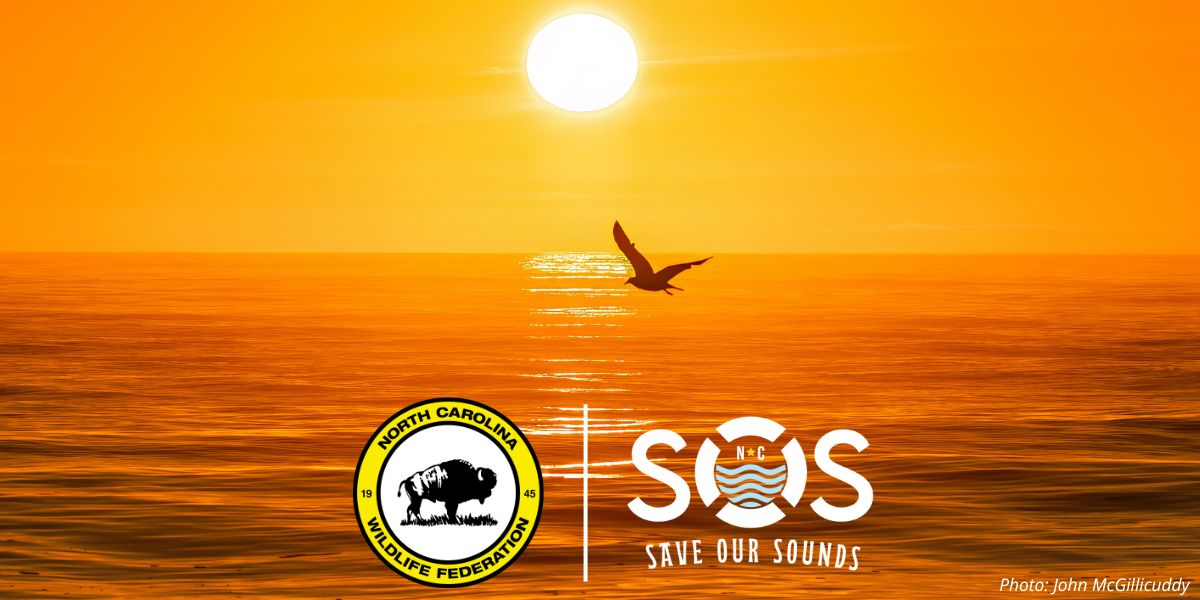Legislation to Prohibit Trawling in Juvenile Fish Nurseries Stalls in NC House – HB442

This week, legislation that sought to prohibit large-scale, inshore bottom shrimp trawling in the state’s juvenile fish nurseries failed to secure support for debate in the House of Representatives. Despite passing with a resounding 39-2 vote in the North Carolina Senate last week, the bill stalled in the House yesterday as it set to adjourn for the summer.
North Carolina Wildlife Federation is greatly disappointed in this outcome, but will continue to champion responsible stewardship of North Carolina’s natural resources through common sense conservation supported by science.
Over the past few weeks, we’ve seen real progress—thanks in large part to the thousands of people who contacted their representatives, helping to raise awareness and push this bill forward. Whether you’ve been actively involved or are just learning about this now, we’re grateful you’re here. Your interest and support matter as we continue working toward meaningful change on this issue.
“This is clearly not the result we’d hoped for this week,” said NCWF CEO Tim Gestwicki. “Large-scale, inshore bottom shrimp trawling is a severely destructive practice that has been prohibited in every other shrimping state on the Atlantic and Gulf coasts. Every year, it results in the deaths of hundreds of millions of juvenile fish, unintentionally captured in the process. It’s the state’s responsibility to care for our public trust resources, and we’re disappointed to see legislation that would do that stall. However, we’re not giving up. As long as this destruction is happening, we’ll do what it takes to raise the alarm.”
Though the House’s inaction this week represents a disheartening setback, our fight is far from over. We remain steadfast in our commitment to advocating for sensible policies that conserve and rebuild our marine fisheries. We will continue the efforts to keep fighting for the hundreds of millions of juvenile fish caught, killed, and wastefully discarded through this destructive practice.
We’ll continue to share updates on our next steps as they develop.
Secure Our Seagrass Meadows.
Safeguard Our Sealife.
Sustain Our Seafood.
Save Our Sounds.

